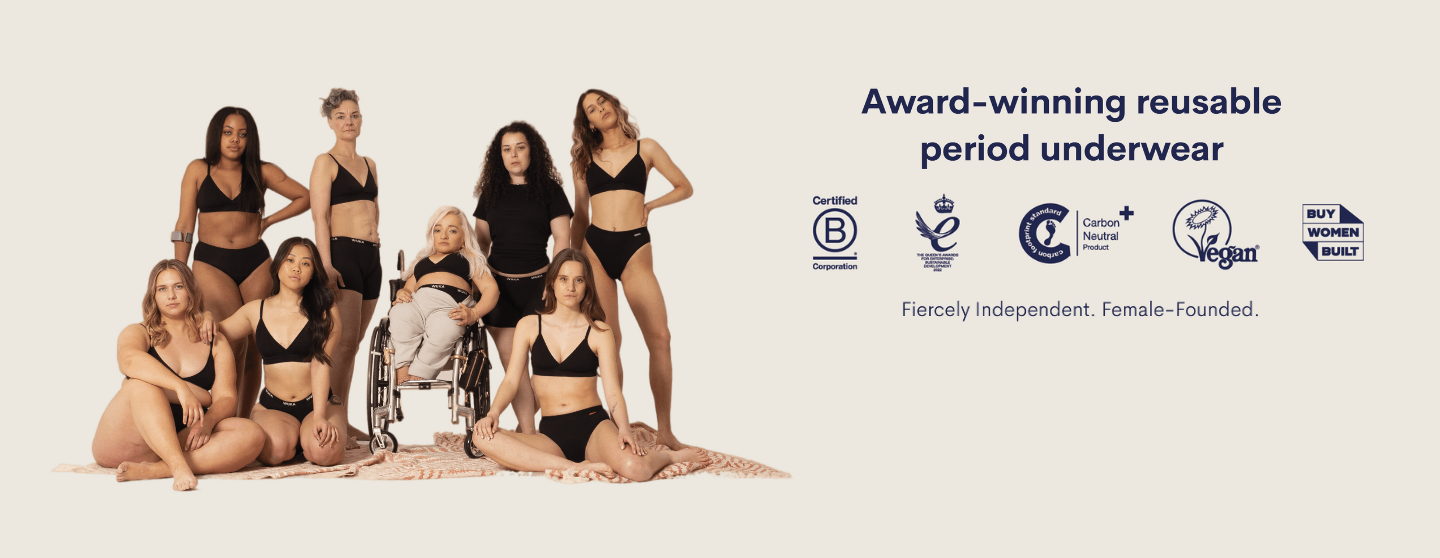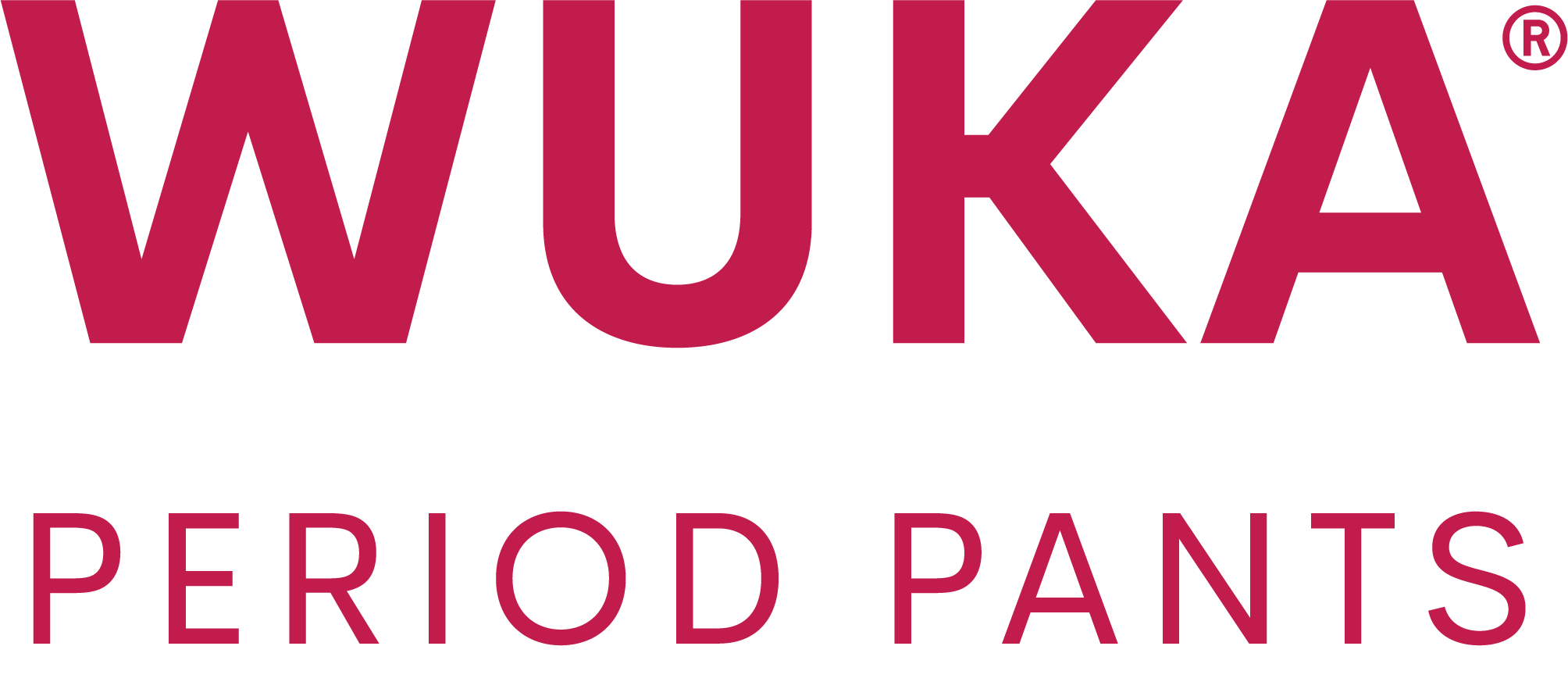

WUKA

Hertfordshire, United Kingdom
April 2023
Personal care products
Wholesale/Retail
Australia,
Bulgaria,
Canada,
Croatia (Hrvatska),
Czech Republic,
Denmark,
Guernsey and Alderney,
Ireland,
Israel,
Italy,
Jersey,
Malta,
Mexico,
Montenegro,
Netherlands The,
New Zealand,
Norway,
Poland,
Saudi Arabia,
Slovenia,
Sweden,
Switzerland,
United Arab Emirates,
United Kingdom,
United States
Founded in 2017 by husband and wife team, Ruby Raut and Dave Slocombe, WUKA is the UK's leading period wear brand and was the first in the UK to produce fully leak-proof reusable period underwear that completely replaces the need for pads and tampons. Just one pair of WUKA period pants can save 200 single-use plastic-riddled disposables from going to landfill or polluting our oceans. WUKA stands for Wake Up Kick Ass; because nothing should hold women back when on their period. The brand strives to empower the menstruating population, improve access to quality, sustainable period products, eliminate period poverty, and remove period shame and stigma. Offering a range of award-winning undies to suit different menstrual flows, WUKA period pants hold from two to six tampons worth of period blood; the highest absorbency of any other period products. They are also available in the most extensive range of sizes on the market - from XXS, right up to 6XL. WUKA also offers period leggings, period sports shorts, period swim bikini briefs, and a number of period accessories and gifts, including a wearable hot water bottle, wash bags, period wellness sets, and starter kits for tweens and teens.
Overall B Impact Score
Governance 15.4
Governance evaluates a company's overall mission, engagement around its social/environmental impact, ethics, and transparency. This section also evaluates the ability of a company to protect their mission and formally consider stakeholders in decision making through their corporate structure (e.g. benefit corporation) or corporate governing documents.
What is this? A company with an Impact Business Model is intentionally designed to create a specific positive outcome for one of its stakeholders - such as workers, community, environment, or customers.
Workers 23.1
Workers evaluates a company’s contributions to its employees’ financial security, health & safety, wellness, career development, and engagement & satisfaction. In addition, this section recognizes business models designed to benefit workers, such as companies that are at least 40% owned by non-executive employees and those that have workforce development programs to support individuals with barriers to employment.
Community 25.6
Community evaluates a company’s engagement with and impact on the communities in which it operates, hires from, and sources from. Topics include diversity, equity & inclusion, economic impact, civic engagement, charitable giving, and supply chain management. In addition, this section recognizes business models that are designed to address specific community-oriented problems, such as poverty alleviation through fair trade sourcing or distribution via microenterprises, producer cooperative models, locally focused economic development, and formal charitable giving commitments.
Environment 44.1
Environment evaluates a company’s overall environmental management practices as well as its impact on the air, climate, water, land, and biodiversity. This includes the direct impact of a company’s operations and, when applicable its supply chain and distribution channels. This section also recognizes companies with environmentally innovative production processes and those that sell products or services that have a positive environmental impact. Some examples might include products and services that create renewable energy, reduce consumption or waste, conserve land or wildlife, provide less toxic alternatives to the market, or educate people about environmental problems.
What is this? A company with an Impact Business Model is intentionally designed to create a specific positive outcome for one of its stakeholders - such as workers, community, environment, or customers.
Customers 3.1
Customers evaluates a company’s stewardship of its customers through the quality of its products and services, ethical marketing, data privacy and security, and feedback channels. In addition, this section recognizes products or services that are designed to address a particular social problem for or through its customers, such as health or educational products, arts & media products, serving underserved customers/clients, and services that improve the social impact of other businesses or organizations.